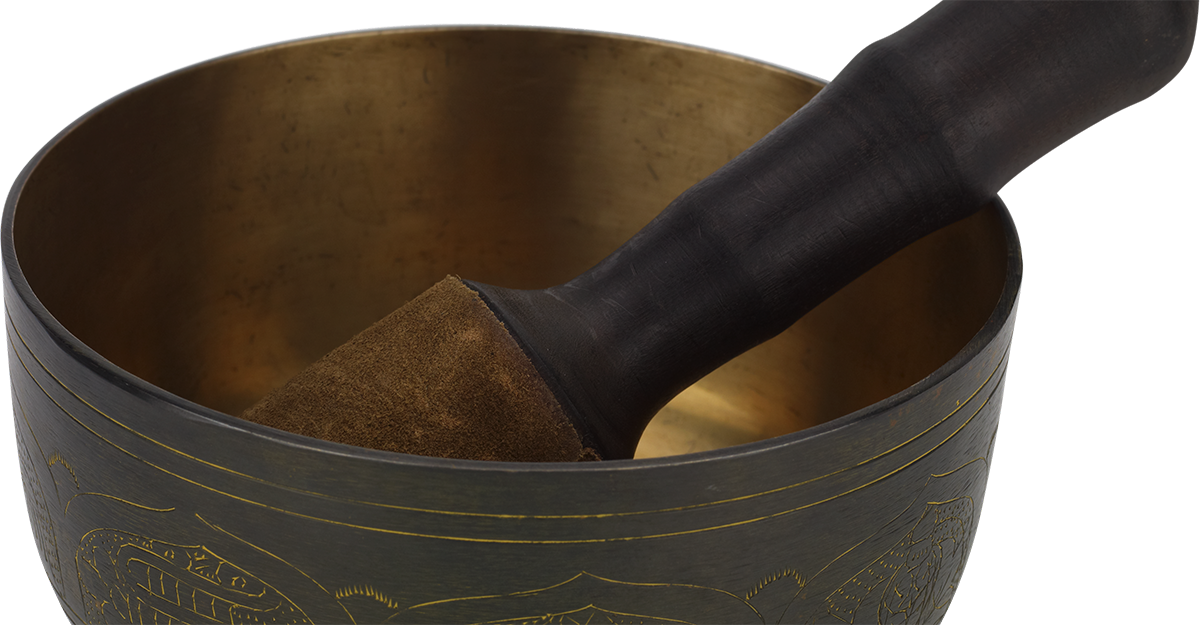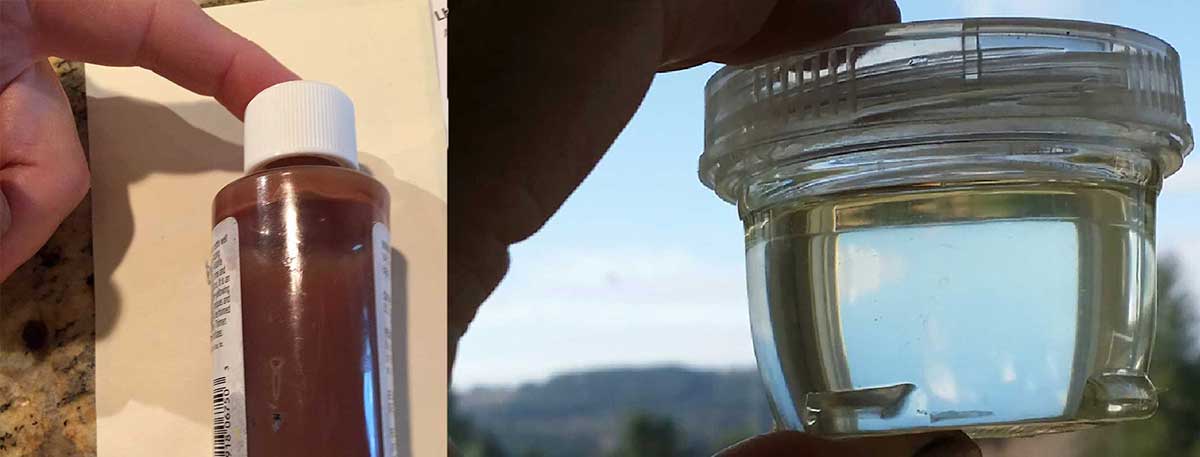
We have a discussion going on in our forum about the drying time of oil paintings. The problem, of course, is that it takes a long time for oil paintings to dry. One of our members wondered if adding driers to the paint or medium would help. (We’ve also provided some links in this article so you can research some of the terms we use.)
The slow drying nature of oils was, probably, always an issue with artists. One way to speed up the drying time of oil paint is to use additives. There are “siccative” products on the market. Artists, though, were experimenting with additives centuries ago.
Amber
Amber was, most likely, the first drier added to paint. We know that Raphael used it in his paint; but, he used so little (one or two drops) that one might wonder why he used it at all.
Why did he use so little? While we appreciate Amber for its color…it is the color that makes it so destructive for paint. Renaissance artists were particular about the oil that went into their paint. Why do you think that those paintings, created over 500 years ago, are still bright and beautiful? It’s because the oil they used to mix with their pigment was crystal clear!
Clear Oil
Crystal clear oil is the secret to the paintings of the Old Masters. These artists expected their paintings to last for centuries (and they have). What happened to that oil?
While the artists respected each other, they kept their secrets to their “inner circle”. And that went on for hundreds of years! Rembrandt, Vermeer, and their contemporaries were even more secretive! They created artist guilds, which hid these secrets for centuries. Some of the Renaissance artists did leave their secrets behind, which Alexander Art discovered. Then, over a period of about ten years we were able to reconstruct their technique of creating a clear oil.
Why don’t all paint manufacturers make clear oil? There could be reasons like expense or time. However, we think there’s a bigger reason. Paint manufacturers think artists don’t know the difference! Manufacturers don’t care if your paintings last five years, let alone five hundred years. Imagine, for a second, that you want to leave a painting to your children and grandchildren. What happens, in say fifty years, when that painting starts turning black? What do you think your heirs are going to do with it? There is only one thing they can do and that is…throw it away! Some legacy, huh?
Alkyd Resins
Oil paint consists of pigment (ground up rock) floating in an oil medium. There are many different types of oil used today. Linseed oil is the one most commonly used. Manufacturers then add alkyd resins to the paint to speed up drying.
There is a problem with Linseed oil. It will, over time, yellow your paintings. The reason is too detailed to discuss in this article. (Watch for a future article entitled “Linseed Oil’s Dirty Little Secret”.)
So…paint manufacturers start out with “polluted” oil. Then, they add even more pollutants to it. Your paint will not be as bright and beautiful right out of the tube as a paint manufactured with clear oil. Further, over time, those pollutants will yellow your painting and, then, darken it. Oh yes, then it will begin to crack. (We’ll explain why in another future article.)
 But look at most of the drying resins on the market…do you want those dark mediums in your painting? No real, fine artist would!
But look at most of the drying resins on the market…do you want those dark mediums in your painting? No real, fine artist would!
Another Important Consideration
There’s another important consideration when using driers — how much to use. Too much drier will ruin your paint and too little is a waste of time and money. You’ll hear a lot of critics say it doesn’t make any difference which paint you use. They said that to Bill when he was trying to find the correct formula for his paint. He ignored them because he knew better. As Bill stated, in one of his videos, “…beginners don’t realize that the paint can help them.” You have to be careful using them (driers). It does make a difference what goes into your paint IF you care about creating great artwork.
Conclusion
So…how do you deal with the drying issue of oil paintings? You do what the Renaissance’s Old Masters did and what we recommended in our forum. You “bake” your paintings. The Old Masters built special ovens, like today’s pizza ovens. The ovens allowed the painting to dry on both sides. Air circulated around the painting to help speed drying. Today, you can duplicate the same idea. Place a cardboard box over your painting and then, put it in the sun or in a heated room. That’s the best way to speed up drying…and…it won’t corrupt your paint.


Thank you for sharing that .
It works. I put my oil painting in cardboard box and within 2 weeks it was fully touch dry.